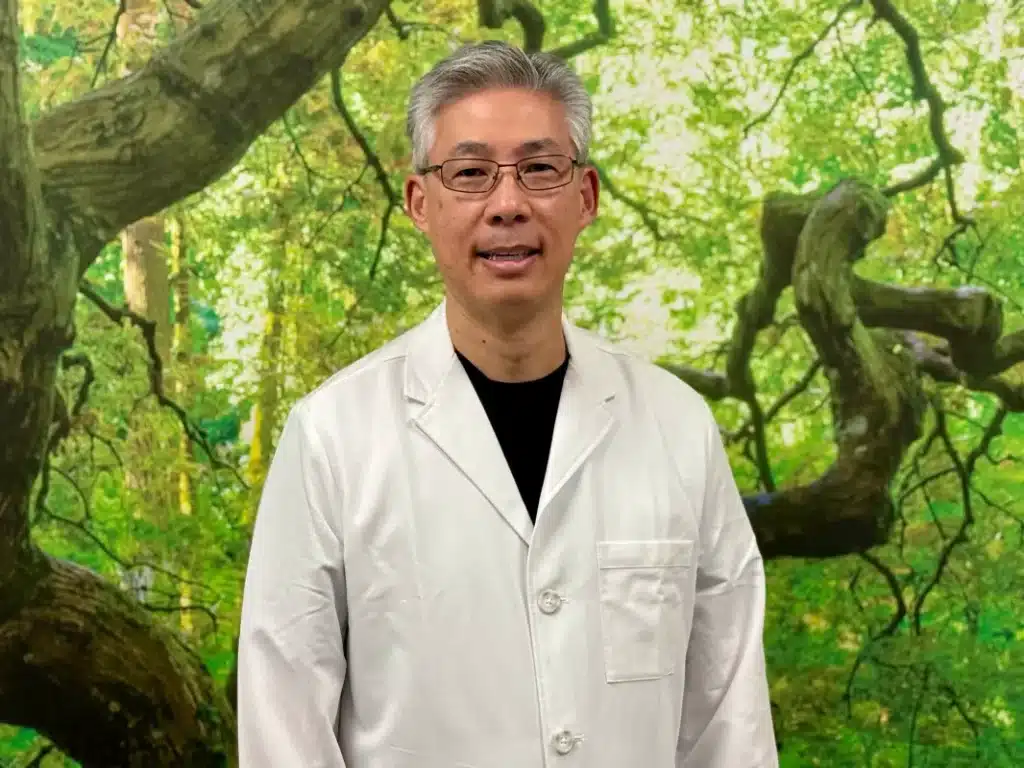What Is Depression Like?
Depression is not something you should take lightly. It is a serious mental health condition that can greatly affect every part of your life. It leads to intense feelings of sadness and hopelessness, and it makes you lose interest in things you enjoy. You may find yourself isolated from your friends and family due to your condition.
Fortunately, despite the hopelessness, this condition brings on, you can indeed find relief from your symptoms with the right treatment options or lifestyle changes.
So What Is Depression Like?
Depression is different between people, but generally, most cases are going to have some symptoms in common. Symptoms can include:
- Sadness, hopelessness, or emotional emptiness
- Feeling guilty or worthless
- Irritability or angry outbursts
- Lack of interest in hobbies or things you used to enjoy
- Changes in sleep patterns, like sleeping too little or sleeping too much
- Fatigue and loss of energy
- Tearfulness
- Anxiety or restlessness
- Trouble concentrating or making decisions
- Difficulty remembering things
- Changes in appetite, either eating too much or too little
- Subsequent weight loss or weight gain
- Thoughts of suicide or self-harm
- Unexplained aches and pains
- Digestive distress
Symptoms may also vary depending on your age. Examples of depression symptoms in children include:
- Sadness
- Irritability
- Clinginess
- Anxiety
- Unexplained aches and pains
- Being underweight
- Not wanting to go to school
Depression in teenagers may include symptoms like:
- Sadness
- Irritability
- Anger
- Poor performance or attendance in school
- Sensitivity
- Feeling worthless
- Substance abuse
- Eating or sleeping too much
- Thoughts of suicide or self-harm
- Avoiding social interaction
Depression also has some symptoms unique to older adults who develop this condition.
- Trouble remembering things
- Personality changes
- Fatigue
- Loss of appetite
- Problems sleeping
- Lack of interest
- Social isolation
- Suicidal thoughts or actions
What Causes Depression?
Depression can be brought on by several things, rather than having one single identifiable cause. These factors can include:
- Biological differences
- Brain chemistry
- Hormones
- Inherited genetics and traits
Risk factors for the development of depression include the following:
- Personality traits like low-esteem or high dependence on others
- Exposure to traumatic or stressful events like abuse or the loss of a loved one
- Family history of depression or other mental health disorders
- Personal history of other mental health conditions
- Substance abuse
- Serious or chronic health conditions
How Do You Treat Depression?
Fortunately, there are lots of ways to treat the symptoms of a condition like depression. Old treatments like antidepressants and therapy are available, as well as new options like ketamine infusion which may signal an exciting new era in depression treatment.
Ketamine Infusions
Though it began as a powerful anesthetic and rapid pain reliever, ketamine is now being touted as one of the biggest breakthroughs in depression treatment in decades.
Medications
Certain medications like SSRIs, SNRIs, or atypical antidepressants may help treat depression, although they do occasionally come with side effects and will not work for everyone.
Therapy
Therapy sessions are all about finding healthy ways to understand your symptoms and learn to cope with them.
Contact us today to find out if one of our innovative new treatment options are right for you.

